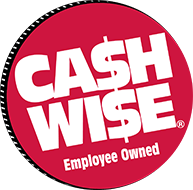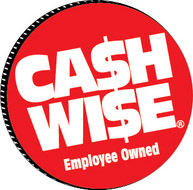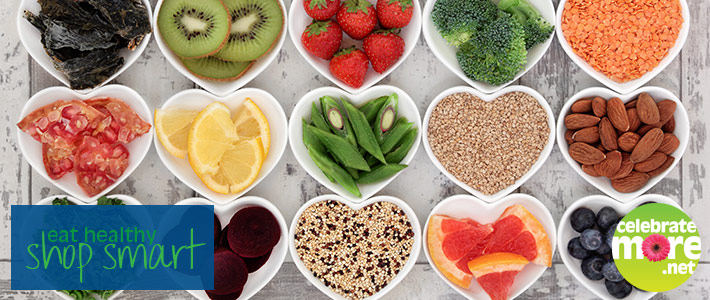 Foods To Support A Healthy Immune System
Foods To Support A Healthy Immune System
We are currently in a time where having a strong immune system is top of mind. The big question is What foods actually help support a strong immune system?
Our dietitians are sharing a few of the top nutrients to help keep your immune system healthy, along with a list of foods to help you on your next shopping trip. You’ll notice there is a common theme in our recommendations: eat more produce! #HaveAPlant
- Vitamin C—you guessed it! This is the first nutrient that comes to mind when we think of immunity and for good reason. Lack of Vitamin C in your diet can result in decreased immunity, so it is important to be sure you are including foods with t
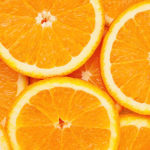 his vitamin throughout your day.
his vitamin throughout your day.
- Sweet bell peppers (Did you know, sweet red bell peppers have more vitamin C per serving than an orange?!) Stock up on those sweet snack-size peppers! Or perhaps Stuffed Bell Peppers should be on your meal plan for this week!
- Citrus fruits (In season right now!)
- Strawberries
- Kiwi
- Spinach
- Kale
- Broccoli
- Spinach
- Vitamin E—this antioxidant is not only fabulous for healthy skin, but also helps your body fight off infection.
- Almonds
- Peanuts
- Hazelnuts
- Sunflower Seeds
- Spinach
- Broccoli
- Vitamin A—you may be able to find foods with this vitamin by their color! Foods
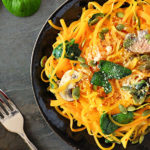 rich in orange color contain carotenoids, which our body then turns into Vitamin A when we eat them. These, too, are antioxidants to give your immune system the boost it needs.
rich in orange color contain carotenoids, which our body then turns into Vitamin A when we eat them. These, too, are antioxidants to give your immune system the boost it needs.
- Carrots
- Sweet potatoes
- Cantaloupe
- Squash
There are many more nutrients that help support a strong immune system. The nutrients above includes just a few. All of the foods that are listed above are recommended in a well-balanced diet. You’ll see the Dietitian’s Choice logo on each of these products throughout our stores. We encourage you to adapt a “diet” rich in fruits, vegetables, whole grains, lean sources of protein, healthy fats, and dairy products.
Food Safety, First!
As always, it’s important to practice safe food handling techniques including washing your hands and cleaning your fruits and vegetables. The CDC recommends washing (or scrubbing) produce under running water. Even on foods where you don’t typically eat the peel (such as a banana, or kiwi) it’s important to wash them. It’s possible for germs to get inside the fruit when cutting the peel or the skin off. Washing produce is a great way for your kids to get involved in the kitchen. It teaches them great food safety practices and encourages them to be involved with meal and snack preparation.
Happy & Healthy Eating,
Amy and Emily
Registered Dietitians
Sources: NIH ,Cleveland Clinic, CDC

